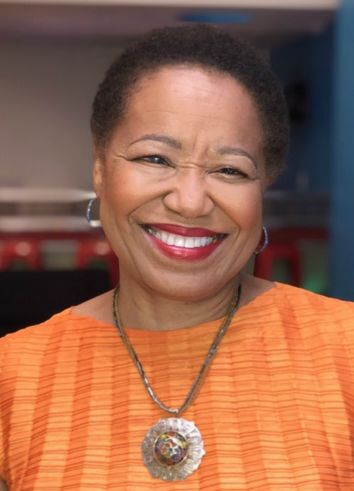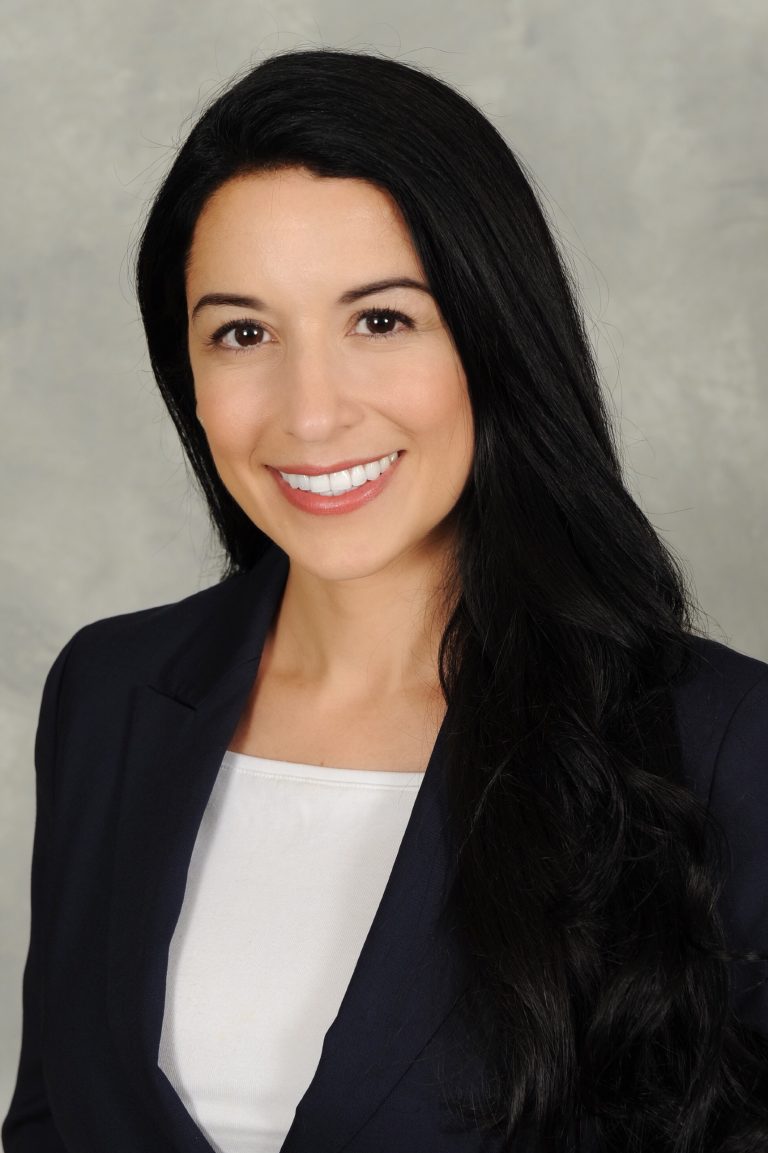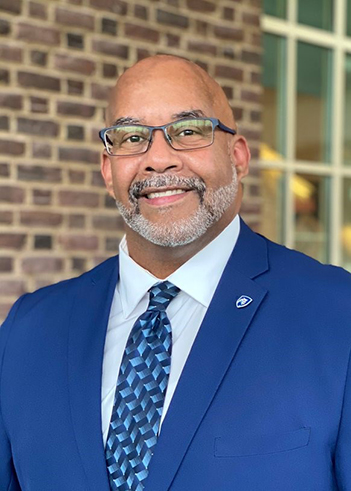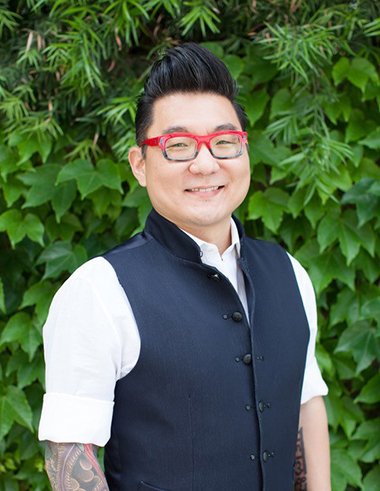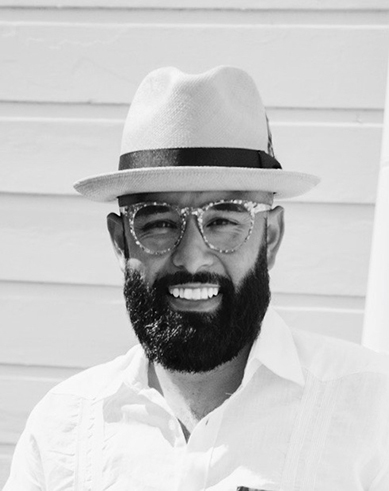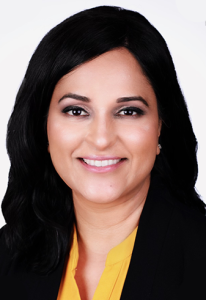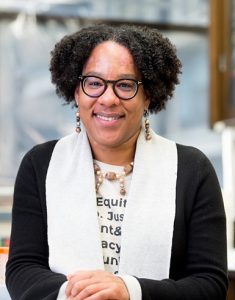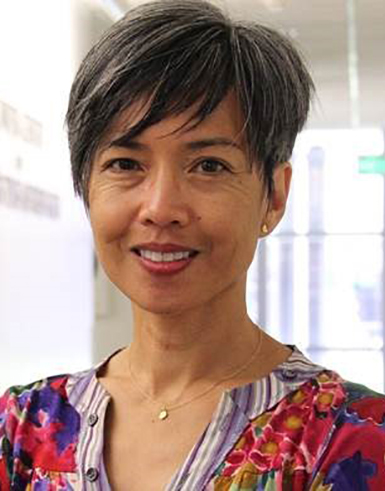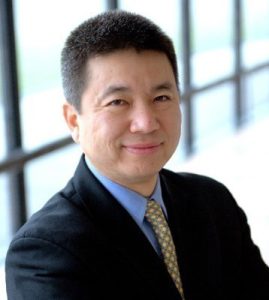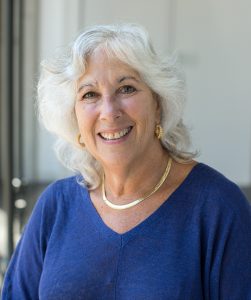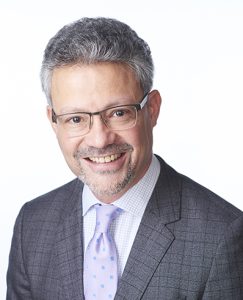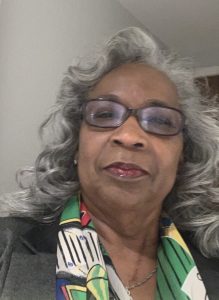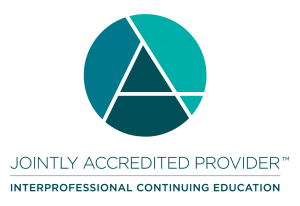Thank you for joining us for the 2023 Weitzman Institute Virtual Symposium.
Session recordings are available on the Weitzman Education Platform at no cost.
Resources shared by attendees during the event are available here.
The 2023 Weitzman Institute Virtual Symposium provided a unique opportunity to hear from some of the nation’s top thought leaders, researchers, clinicians, and entrepreneurs who are leading efforts in the Institute’s key priority areas: Social Determinants of Health, Health Systems Transformation, and Workforce Development.
This year’s Symposium theme, “Tackling Old Problems with New Solutions in Primary Care,” recognizes that pressing issues that have recently garnered increasing attention, including mental health, community violence and trauma, diversity, equity, and inclusion (DEI), and big data, are longstanding, wicked challenges that require trans-disciplinary, patient- and community-affirming approaches to drive positive and sustainable change.
The Symposium offered a forum for exploring primary care’s challenge of dismantling persistent inequities and recreating and advocating for a more just healthcare system that better meets the needs of its workforce, patients, and communities, particularly those most in need.
We are grateful for the generous support of the Symposium’s Platinum Sponsor, KPMG LLP, which allowed us to provide free registration to our guests.
KPMG LLP is a global network of professional firms providing Audit, Tax, and Advisory services. KPMG LLP understands that healthcare and life science organizations are operating in a highly regulated environment, with changing business models, disruptive technologies, and significant amounts of data. Their multi-disciplinary approach and deep, practical industry knowledge helps clients meet challenges and respond to opportunities.
 Looking for resources from the 2022 Weitzman Symposium?
Looking for resources from the 2022 Weitzman Symposium?
Visit the Weitzman Education Platform to watch the session recordings at no cost and claim CE/CME credits for a small fee.
Featured Speakers
Executive Director, National Collaborative for Health Equity
Sheldon D. Fields, PhD, RN, CRNP, FNP-BC, AACRN, FAANP, FNAP, FAAN
Associate Dean for Equity and Inclusion, The Pennsylvania State University College of Nursing
1st Vice President, National Black Nurses Association
Diversity, Equity, and Inclusion Officer, Center for Practice Innovation, Columbia Psychiatry, New York State Psychiatric Institute
Co-Founder, Institute for Antiracism and Equity
Assistant Dean and Associate Teaching Professor, Social and Health Justice Office of Healthcare Equity and Department of Family Medicine, University of Washington Medicine
Global Head of Diversity, Equity and Inclusion, Magic Leap
DEI Coaching Center Faculty, The Forum on Workplace Inclusion
Monica R. McLemore, PhD, MPH, RN
Professor, Child, Family and Population Health Department, University of Washington School of Nursing
Interim Director, Center for Anti-Racism in Nursing, University of Washington School of Nursing
Adjunct Professor, Department of Health Systems and Population Health, University of Washington School of Public Health
Chair, Department of Health Policy and Management, UCLA Fielding School of Public Health
Director, UCLA Center for Health Policy Research
Senior Scholar, Stanford University School of Medicine
Former CMO, FQHCs, HRSA, IBM, and CVS Health
Emerita Professor of Health Law and Policy and Founding Chair, Department of Health Policy, The George Washington University Milken Institute School of Public Health
Equity Scholar, Urban Institute
Director of Community Engagement, TN CEAL/Tennessee Community Engaged Alliance Against COVID-19
Administrator & CEO, Community Partners’ Network
Independent Consultant, Patient & Community Engagement Strategist
2023 Symposium Agenda
Community Violence, Trauma, and Racial Healing
Opening Remarks
Mark Masselli
Founder, President/CEO, Community Health Center, Inc.
Founder, President/CEO, Moses/Weitzman Health System
Margaret Flinter, APRN, PhD, FAAN
Founder Emeritus, Weitzman Institute
SVP/Clinical Director, Community Health Center, Inc.
April Joy Damian, PhD, MSc, CHPM, PMP
VP and Director, Weitzman Institute
Keynote
Gail Christopher, DN
Executive Director, National Collaborative for Health Equity
Learning Objectives
By the end of this session, participants will be able to:
- Examine how and why racial healing is a key component of racial equity and health equity
- Understand how the Truth, Racial Healing & Transformation (TRHT) Framework helps individuals, communities, institutions and professional sectors heal from the past and present-day harms of racism and activate change in our communities
- Give examples of applications of the TRHT framework to pressing issues in primary care and public health, particularly community violence and trauma
Exploring the Hard DEI Questions in Primary Care Policy, Research, and Clinical Practice
Panel Presentation
Maria Espinola, PsyD
CEO, Institute for Health Equity and Innovation
Sheldon D. Fields, PhD, RN, CRNP, FNP-BC, AACRN, FAANP, FNAP, FAAN
Associate Dean for Equity and Inclusion, The Pennsylvania State University College of Nursing
1st Vice President, National Black Nurses Association
Diversity, Equity, and Inclusion Officer, Center for Practice Innovation, Columbia Psychiatry, New York State Psychiatric Institute
Co-Founder, Institute for Antiracism and Equity
Edwin G. Lindo, JD
Assistant Dean and Associate Teaching Professor, Social and Health Justice Office of Healthcare Equity and Department of Family Medicine, University of Washington Medicine
Moderator/Discussant
Anu Mandapati, PCC, CTPC
Global Head of Diversity, Equity and Inclusion, Magic Leap
DEI Coaching Center Faculty, The Forum On Workplace Inclusion
Learning Objectives
By the end of this session, participants will be able to:
- Define diversity, equity, and inclusion (DEI), and recognize why DEI is both a human and business imperative
- Discuss the challenges and common shortcomings of current approaches to DEI, particularly in primary care policy, research, and clinical practice
- Identify solutions for embedding diversity, equity, and inclusion into the culture of primary care, inclusive of health profession clinical training and health services research programs
Mental Health Equity, Primary Care, and the Built Environment
Keynote
Brian D. Smedley, PhD
Equity Scholar, Urban Institute
Learning Objectives
By the end of this session, participants will be able to:
- Explore the relationship between health equity, justice, and mental health
- Discuss innovative, place-based initiatives aimed at dismantling inequities in mental health
- Explore what needs to be done differently moving forward in research, policy, and clinical practice to combat injustices in health, including mental health
Beyond Clinical Practice: The Role of Big Data and Policy in Promoting a Pro-Health Built Environment
Panel Presentation
Monica R. McLemore, PhD, MPH, RN
Professor, Child, Family and Population Health Department, University of Washington School of Nursing
Interim Director, Center for Anti-Racism in Nursing, University of Washington School of Nursing
Adjunct Professor, Department of Health Systems and Population Health, University of Washington School of Public Health
Kyu Rhee, MD, MPP
Senior Scholar, Stanford University School of Medicine
Former CMO, FQHCs, HRSA, IBM, and CVS Health
Sara Rosenbaum, JD
Emerita Professor of Health Law and Policy and Founding Chair, Department of Health Policy, The George Washington University Milken Institute School of Public Health
Neely Williams, MDiv, EdD
Director of Community Engagement, TN CEAL/Tennessee Community Engaged Alliance Against COVID-19
Administrator & CEO, Community Partners’ Network
Independent Consultant, Patient & Community Engagement Strategist
Moderator/Discussant
Ninez A. Ponce, PhD, MPP
Chair, Department of Health Policy and Management, UCLA Fielding School of Public Health
Director, UCLA Center for Health Policy Research
Learning Objectives
By the end of this session, participants will be able to:
- Explore the use of big data, analytics, and artificial intelligence in promoting healthcare quality in safety-net settings
- Discuss models for better collecting and leveraging data on race/ethnicity, sexual orientation and gender identity, and immigrant health
- Examine opportunities to center anti-racism and equity in health policy
Continuing Education Credits
CME, CNE, CPE, and CEU credits will be provided for physicians, nurse practitioners, physician assistants, pharmacists, nurses, psychologists, dentists, social workers, and dietitians by Community Health Center, Inc., an accredited provider through Joint Accreditation for Interprofessional Continuing Education.
Sponsorship Opportunities
There is still time for you or your organization to sponsor the 2023 Symposium!
Support from our sponsors allows Weitzman to host this annual event at no cost to attendees, ensuring that anyone, regardless of financial ability, may join us and our expert presenters in actualizing our vision to inspire innovation in health care for the underserved.
Join the conversation
Follow the Weitzman Institute:
Use #WeitzmanSymposium when sharing about this event!
